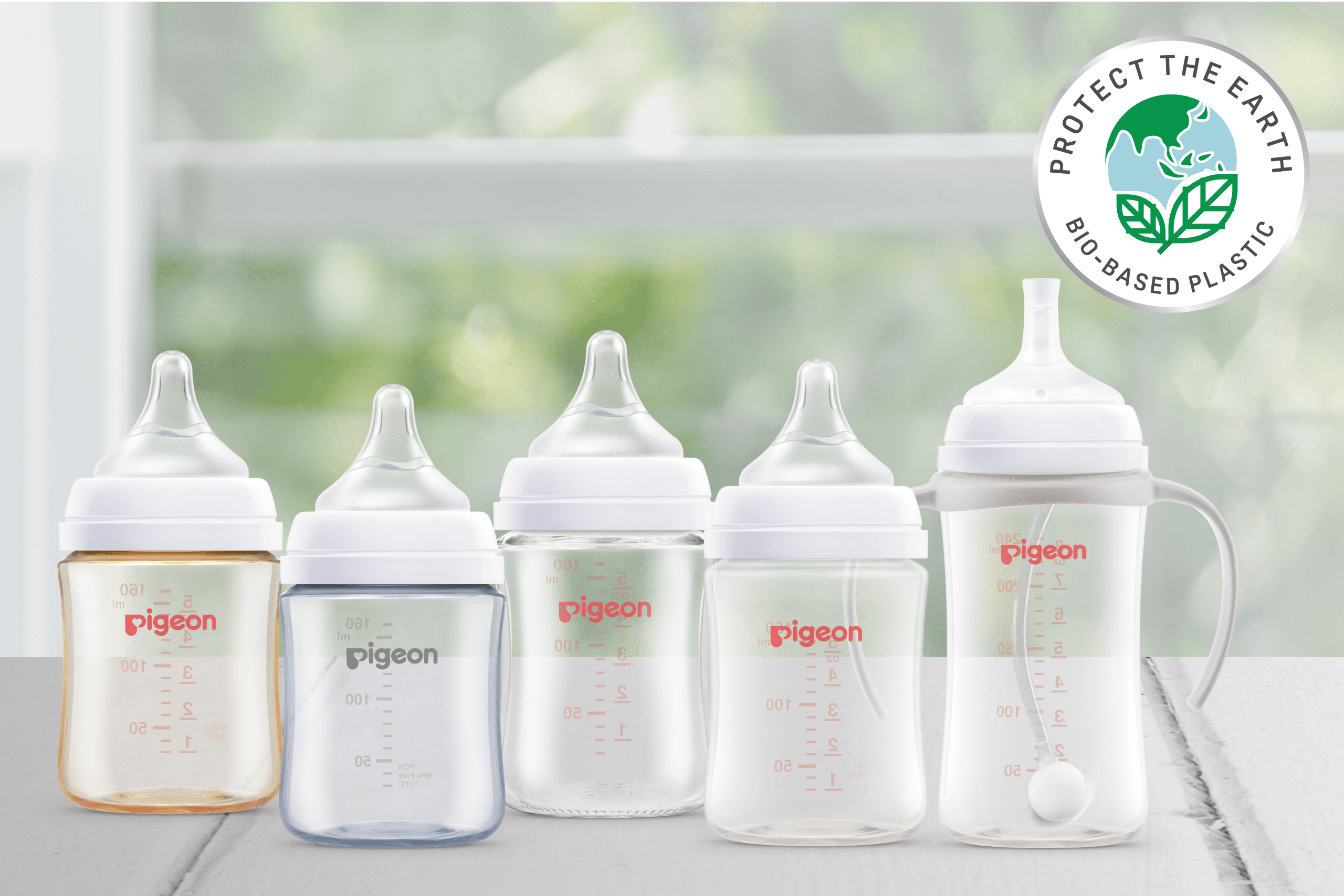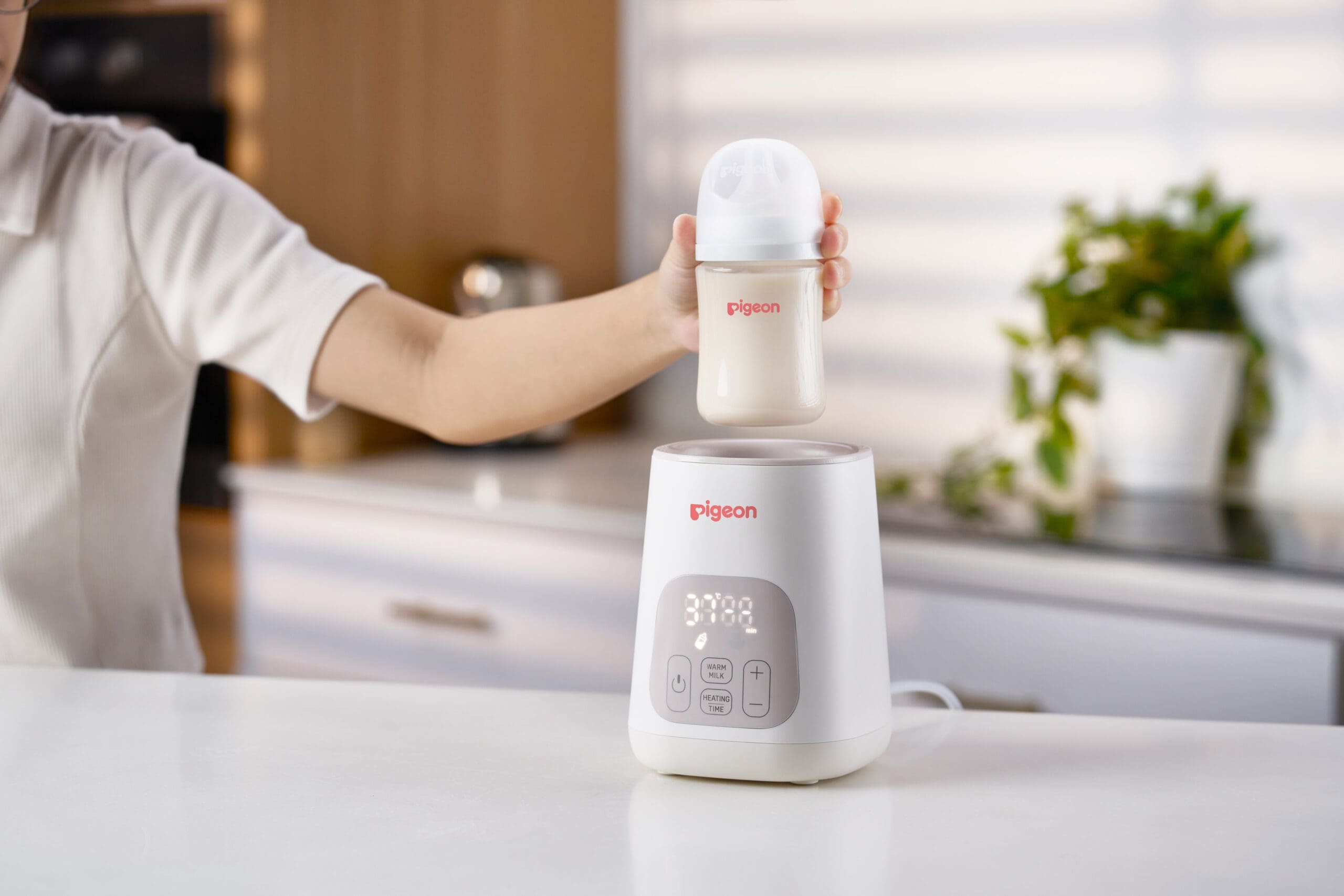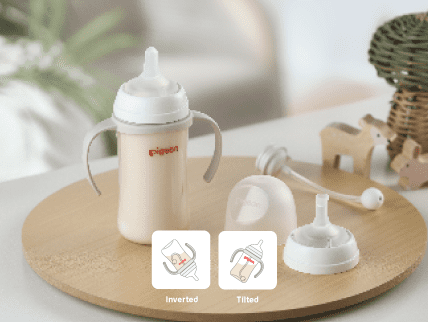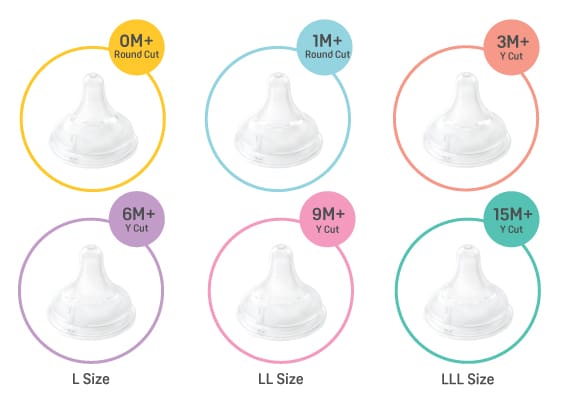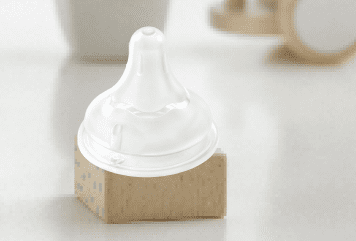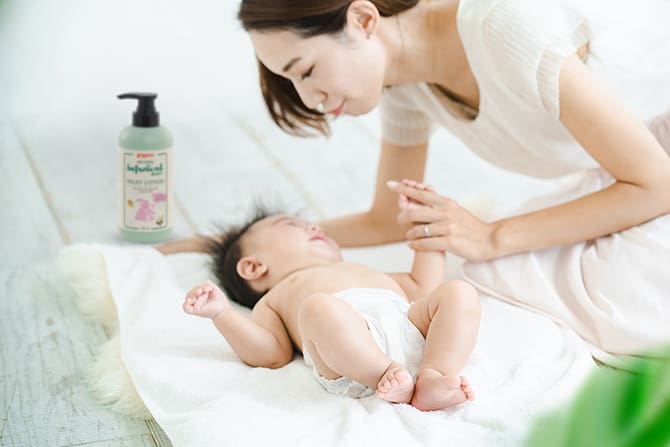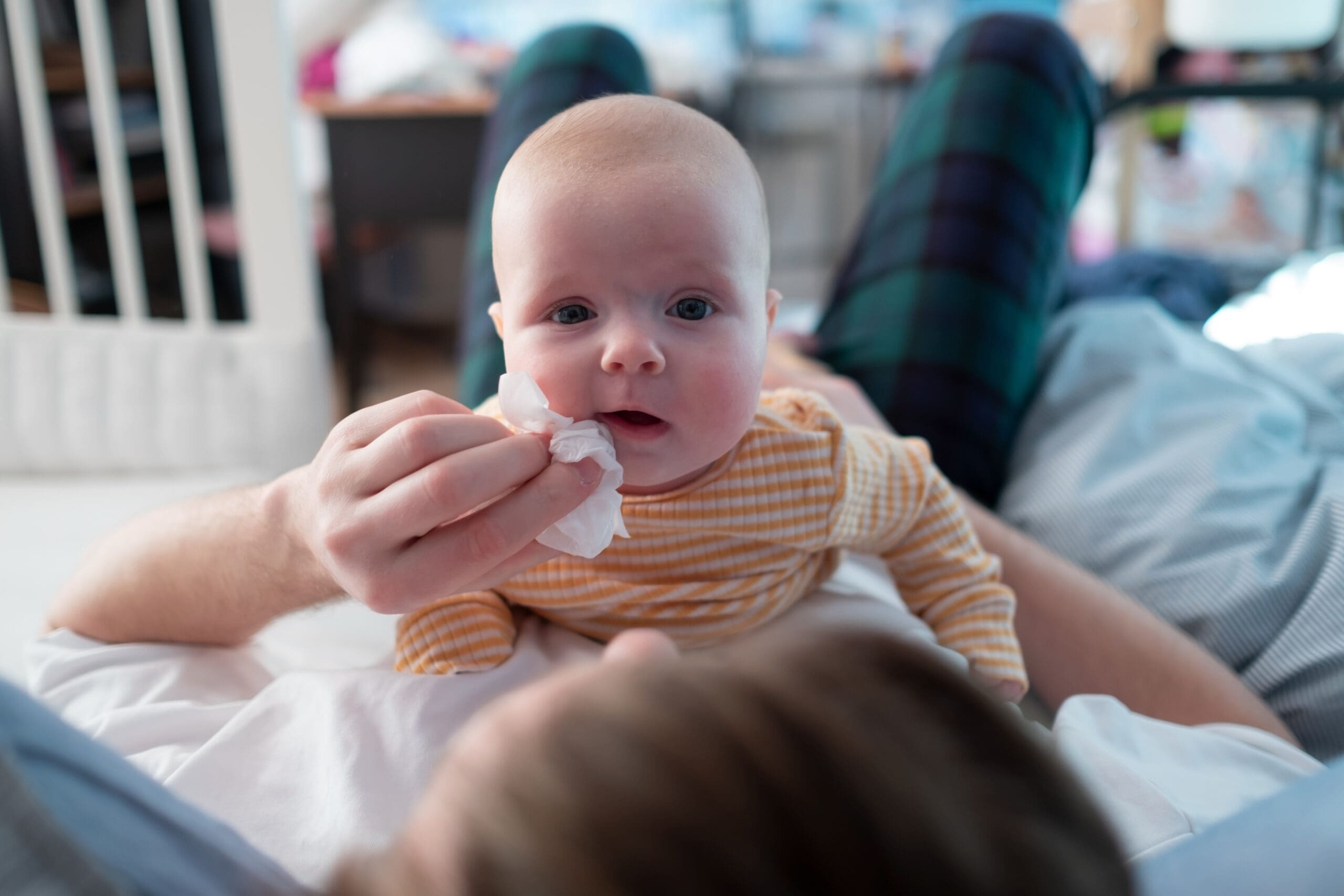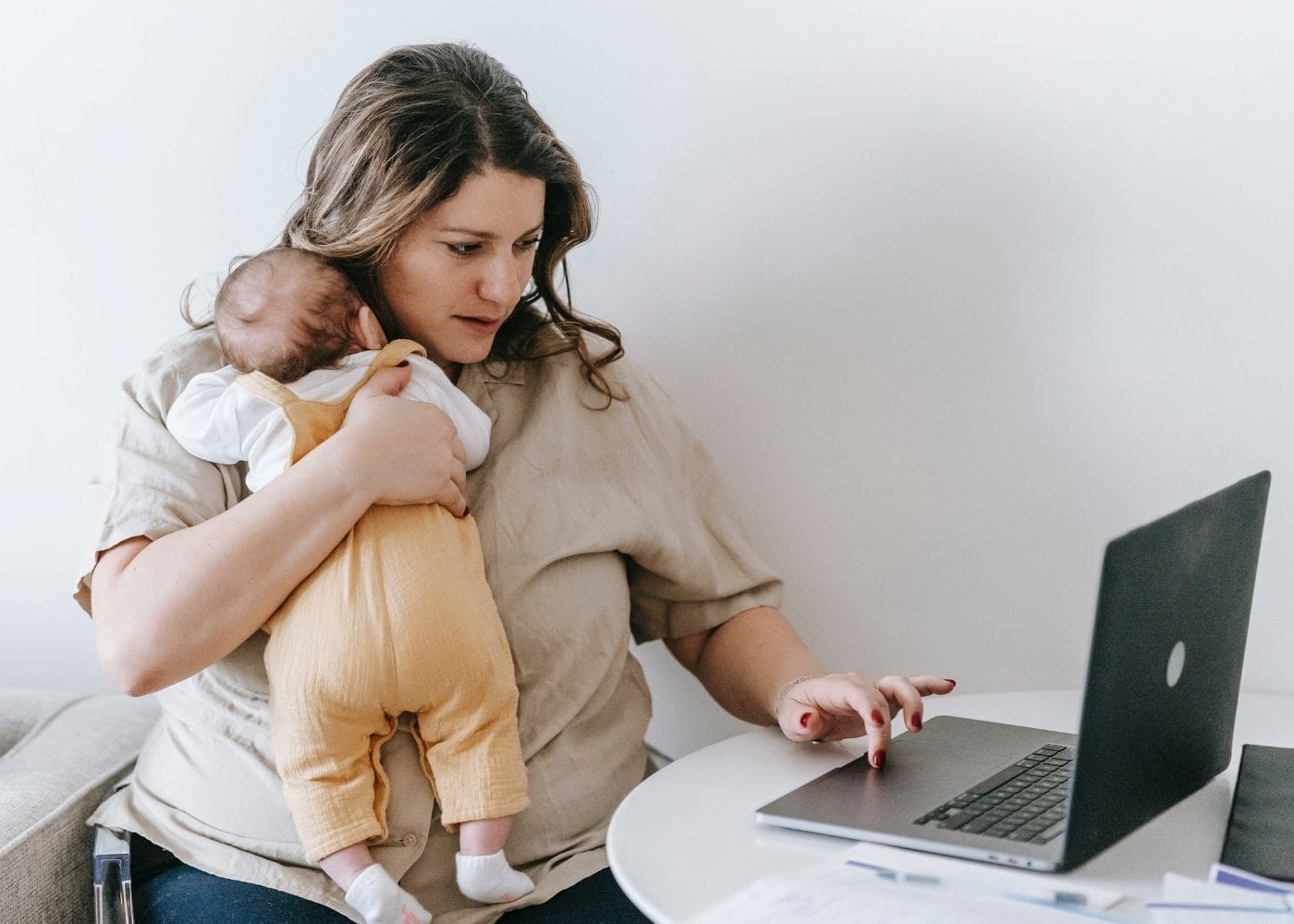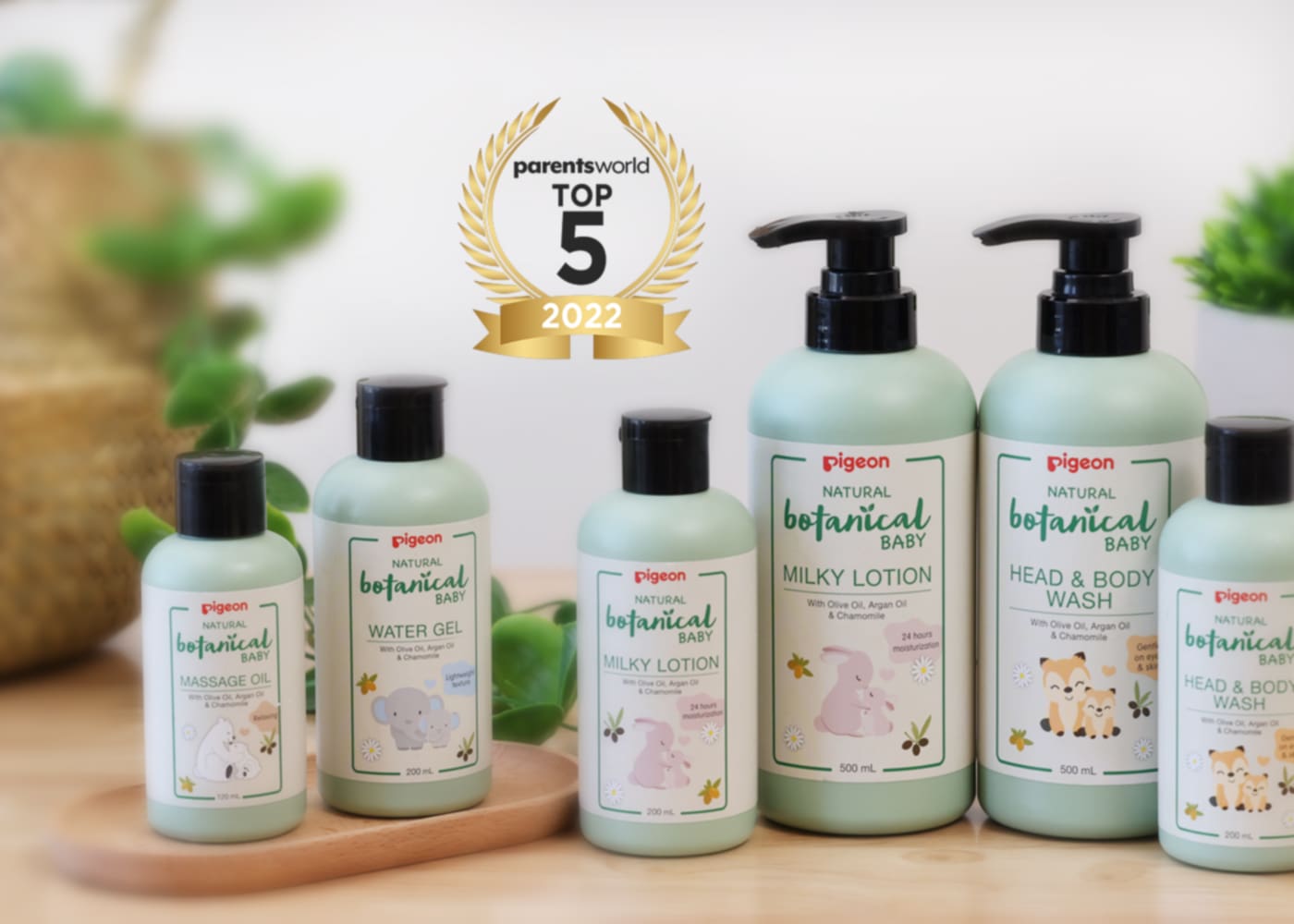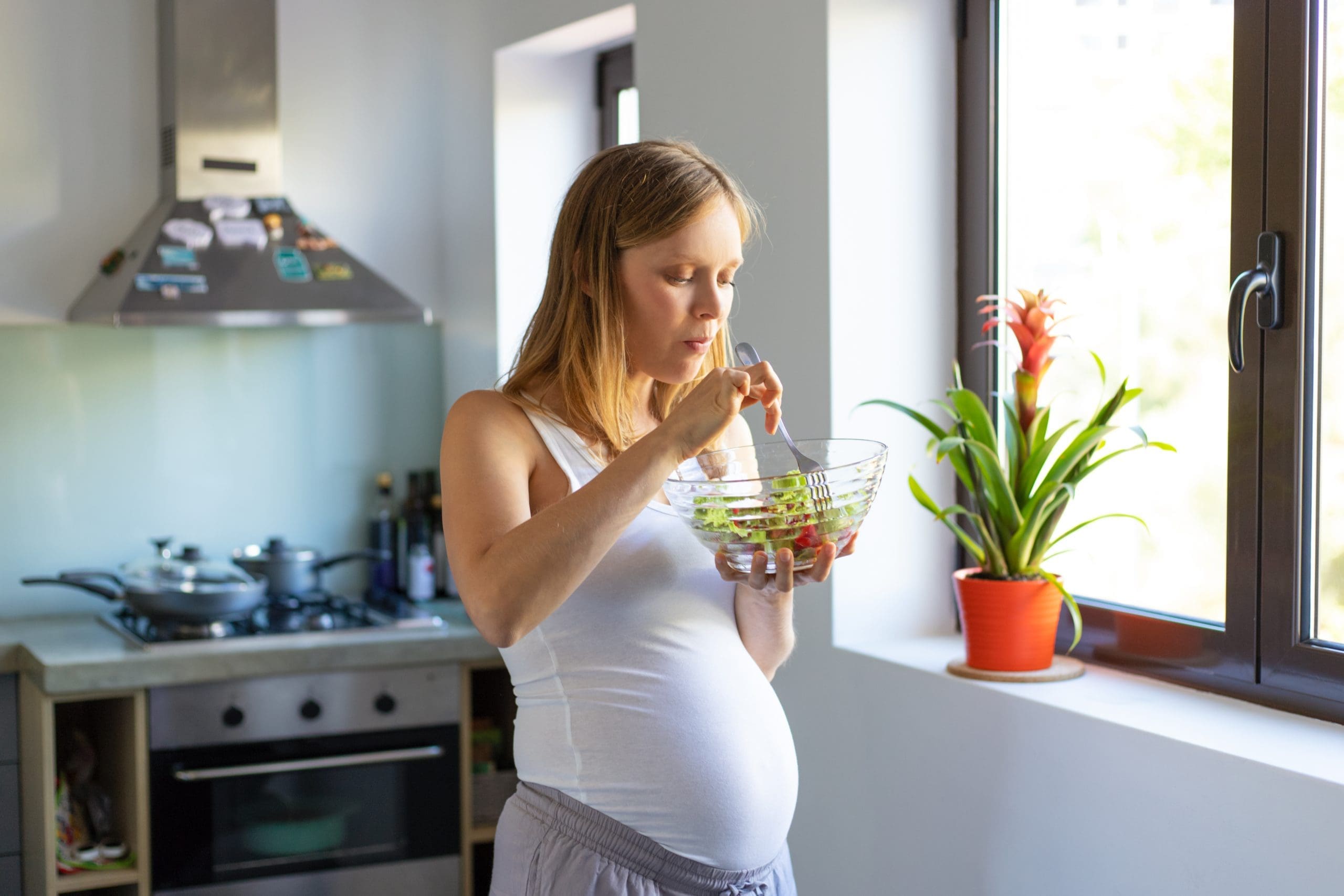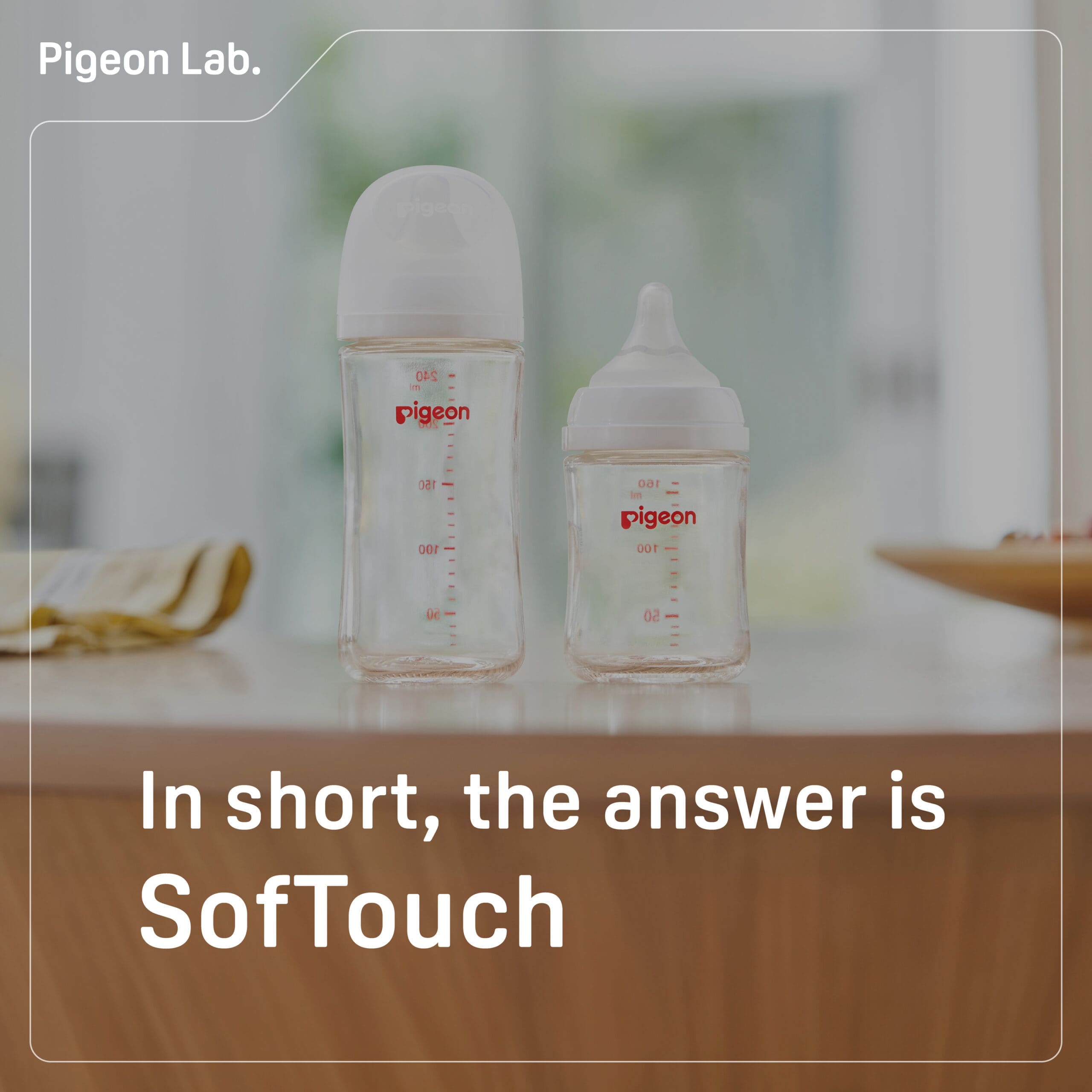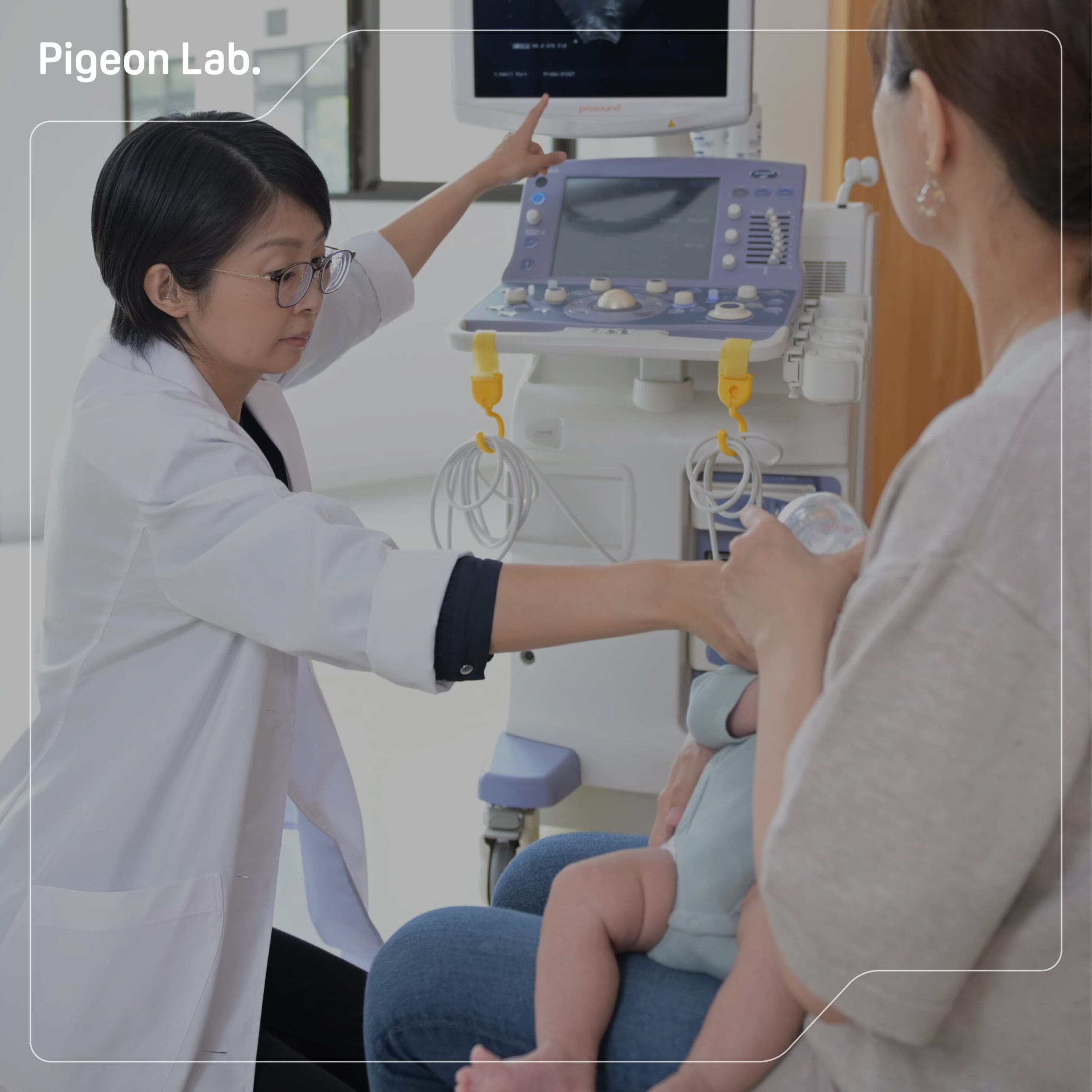From breastfeeding diet tips to hospital bag essentials, here are some self-care habits every mum-to-be should adopt so that both you and your little one will be in the pink of health!
Before: Eat healthy
We all know that it’s important to maintain a healthy diet during pregnancy, but don’t wait till you’re expecting to start making smart eating choices for the baby. Following the right meal plan will provide your body with all the essential nutrients it needs to ensure a smooth pregnancy.
Make sure that you’re eating a well-balanced and nutritious diet packed with fresh fruits and leafy greens, as well as a good mix of proteins, healthy fats and complex carbs. You’re also encouraged to consume more fish because it’s high in omega-3 fatty acids, which promotes neurological and visual development for the baby.
Don’t forget to load up on the calcium intake as well! Dairy products such as milk, cheese and yogurt are great sources of calcium that help to build strong bones and teeth for you and your little one.
Before: Prevent stretch marks
Stretch marks are a fairly common occurrence in most pregnant women. Although stretch marks are usually determined by genetics, you can still take additional measures to avoid the formation of these pesky tiger stripes.
You’d be surprised to know that nutrition has a big part to play here. In fact, you’re less likely to develop stretch marks if your diet includes foods rich in zinc (whole grains, red meat, nuts), vitamin A (carrots, sweet potatoes) and vitamin E (leafy greens, seeds). These are essential nutrients that help to maintain skin elasticity, which in turn help to reduce the appearance of stretch marks and scars. Meanwhile, it doesn’t hurt to give your skin some extra TLC. Besides your usual moisturising creams and lotions, you can consider natural remedies such as argan oil, coconut oil and cocoa butter to keep your skin healthy and enriched.
But hey, if you’re all for embracing these lines of honour—then you do you, mama!
Before: Prenatal supplements matter!
On days when your diet is insufficient, taking prenatal supplements is another way to meet vital nutrient gaps like folic acid and iron. Beyond that, you can also look for prenatals that include calcium to aid the development of vital structures, or vitamin B6 to ease nausea and morning sickness during the first trimester.
And always start early. Those trying to conceive should begin taking prenatal supplements at least three months before you become pregnant. One key reason is that it can actually help to prevent birth defects, especially serious neural tube conditions such as spina bifida, which develops during the first month of pregnancy.
Before: Stock up on essentials
As much as you’re excited to shop for baby products, the truth is: newborns don’t exactly require much. But here are some essentials that you’ll want to have on hand when you bring your bundle of joy home: a crib, blankets, diapers, feeding bottles and of course, antibacterial wipes (that are baby safe).
We suggest keeping wipes in accessible places like your wallet, car and diaper bag, because they’ll definitely be useful in cleaning up your baby’s spit-up or to simply keep your hands clean and sanitary. On the other hand, go easy on the newborn diapers as most babies grow out of them pretty quickly. Some size 1 diapers are good to have so you can be prepared when it seems like your bub’s ready to move up one size.
During: Pack your hospital bag
Stressing over what to pack in your hospital bag? Apart from the important documents (hospital admission form, birth plan etc), don’t miss out on all the other essentials. Comfort is key, so we recommend bringing along a robe, some comfortable clothes, pillows and a bath towel. Although toiletries are provided for your stay, you may want to pack some of your personal shower products and basic cosmetics so you will look more human when guests come over to visit your new bundle of joy.
Now, onto the baby stuff: a onesie or two, a pacifier and a baby blanket will be just enough to keep bub warm and snug. With the current pandemic in mind, be sure to prepare some face masks for yourself and the children (if you already have a toddler in the family) as an extra precaution. Keeping antibacterial wipes handy will also help to make cleaning and sterilising at the hospital a breeze.
If you’re planning on breastfeeding after delivery, breastfeeding essentials are a must. A breast pump to help stimulate milk supply, a nipple puller to help your newborn to latch on, and some breast pads in case any messy leakage happens.
To save yourself from the last-minute scramble, get your hospital bag ready at least a few weeks before your due date just in case your baby decides to pop earlier.
During: Hydration, hydration, hydration!
As an expectant mother, it’s important to stay well hydrated throughout pregnancy. Because not only does it transport nutrients to your fetus, drinking your daily recommended ounces of water can help to keep aches and pains at bay too. Water also has a truckload of health benefits such as preventing urinary tract infections, relieving constipation and alleviating heartburn.
Forgot to bring a water bottle? Besides your good ol’ H2O, fruits with high water content such as watermelon, strawberries and oranges would be great snack additions to your hospital bag too. Coconut water is also another delicious alternative to help you replenish your fluids – it’s naturally refreshing, low in calories and high in potassium, which makes it a healthier choice as compared to conventional sports beverages.
After labour: Focus on recovery
It’s time to nourish yourself back to health! Your postpartum diet as a new mama should only be made up of wholesome, nutritious and healing meals – these diet plans are designed to speed up recovery after birth and ensure adequate milk supply for your breastfeeding needs.
Restorative foods like bone broth, mutton and ginger are perfect for the post-preggers diet. No confinement nanny? Fret not, there are plenty of delivery services in Singapore such as Natal Essentials, The Natal Kitchen and Happy Mummy that serve healthy confinement meals straight to your doorstep.
After labour: Increase milk supply
Breastfeeding can be a chore especially for new mums, but with a little patience and practice, things will definitely get a lot smoother. In the meantime, you can make use of nursing bottles and breast pumps to facilitate feeding. Breast pumps are a great option for those who aren’t able to let their baby latch on for long periods, especially if you’re a working mum. Feeling sore after breastfeeding? Take the time to work on nipple care – this nipple cream works like a charm in soothing and healing dry, cracked skin.
If you’re a nursing mother, it’s also important to maximise your energy levels as breastfeeding burns around 300 to 500 calories per day. Some lactation-boosting foods include eggs, oats and papaya. Other ingredients like fenugreek and brewer’s yeast are known to increase breast milk production too!
The Ultimate Pregnancy Self-Care Guide For All Mums-To-Be
